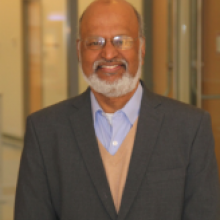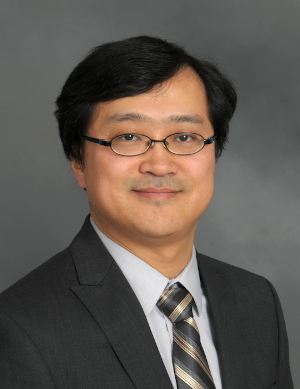Hand analysis has played a significant role in Computer Vision applications. For instance, there are machine learning algorithms that can identify sign language hand gestures and assist people who are deaf. While many Computer Vision works study hands and human bodies separately, they seldom capture them together.
Since its beginning, the COVID-19 pandemic has been a major topic of discussion on social media. People will often tweet claims about COVID-19 with cited sources making them appear to be truthful, but are the claims being made always true?
With the COVID-19 pandemic, anti-Asian sentiment, especially Sinophobia, has become a big topic of discussion in the realm of social media. As a result, studies have focused on anti-Asian sentiment data during the pandemic. However, they fail to include anti-Asian sentiment data before the pandemic. This brings about the misconception that anti-Asian sentiment has only recently come to be. In reality, it has been around for decades.
This is a repost of an article written by Alissa Pabon on the Stony Brook University Department of Computer Science website.
A beloved professor at Stony Brook University’s Department of Computer Science has been named a Fulbright Scholar for the 2022-2023 academic year.
Distinguished Professor Steven Skiena joins the ranks of prestigious world leaders and academics with a Fulbright Scholar Award, a prestigious fellowship that grants scholars an opportunity to conduct their research overseas.
Professor Niranjan Balasubramanian, assistant professor in the Department of Computer Science was selected for a 2022 Stony Brook University Trustees Faculty Award. The award recognizes early-career faculty whose research, creative activities, and scholarly achievements predict an exceptional path to success.
Niranjan’s research targets Natural Language Processing (NLP) – an important sub-discipline in artificial intelligence (AI). His vision is to develop models that are trustworthy, and enable responsible, sustainable, and equitable use of NLP systems. At Stony Brook University, he has built an excellent research group that has delivered many important advances toward these goals.
Have you ever found yourself looking up medical symptoms online? Any search engine would generate a litany of sites to visit, packed with possible explanations for the set of symptoms. But are all of these claims true? The Internet, unfortunately, is not always the most reliable source of information. So, for the 60% of adults in the United States who have sought out health-related information, how do we ensure that this information is true?
IV Ramakrishnan, associate dean for Strategic Initiatives in the College of Engineering and Applied Sciences (CEAS), has been named technical director of the SUNY-IBM AI Collaborative Research Alliance program, a strategic partnership  between SUNY and IBM aimed at advancing the state-of-the-art in AI.
between SUNY and IBM aimed at advancing the state-of-the-art in AI.
We are excited to announce the great news that Dr. Chao Chen has won the prestigious NSF CAREER award!









